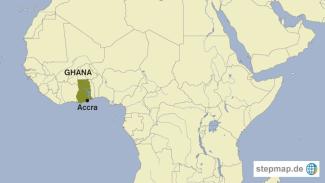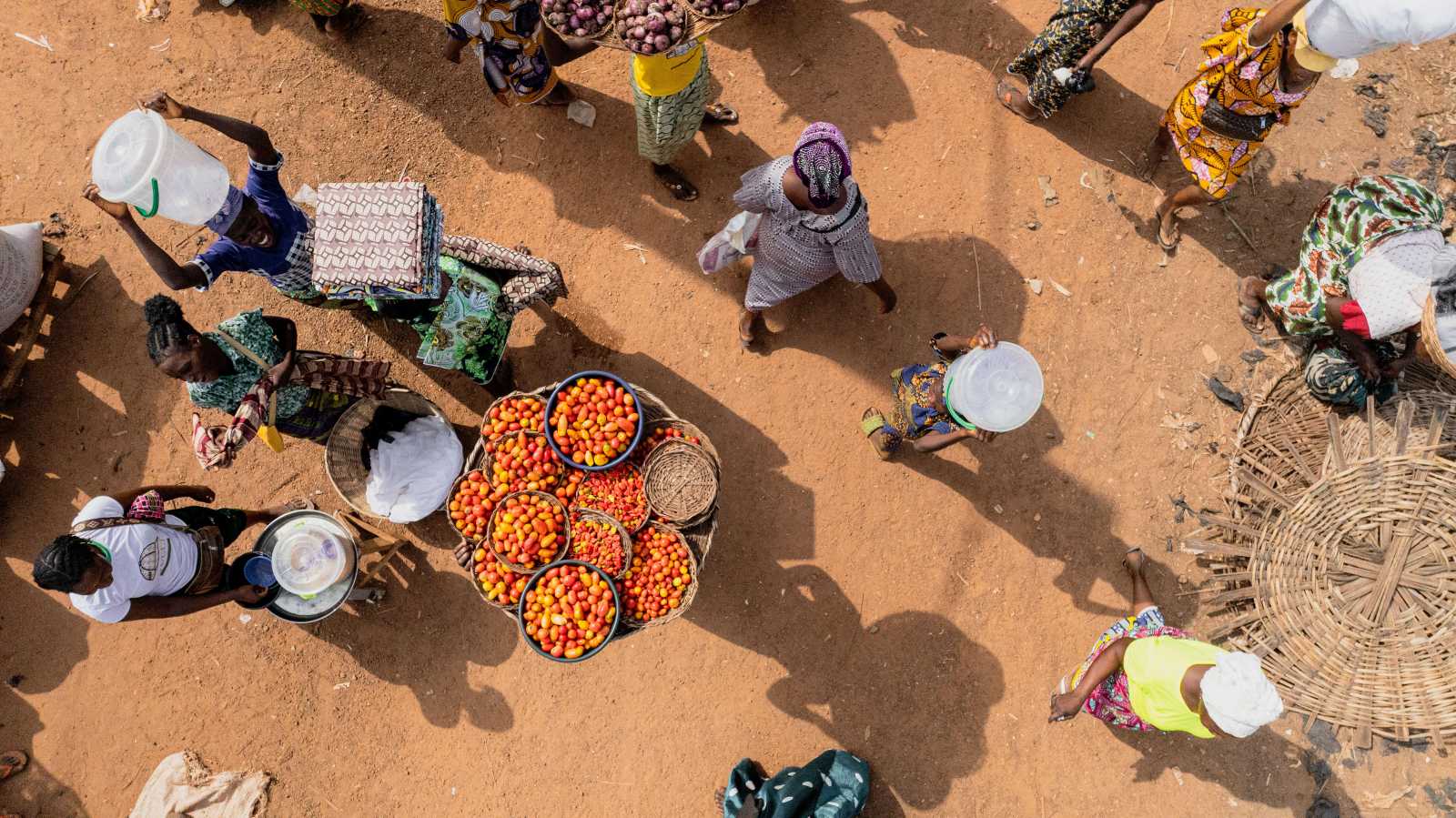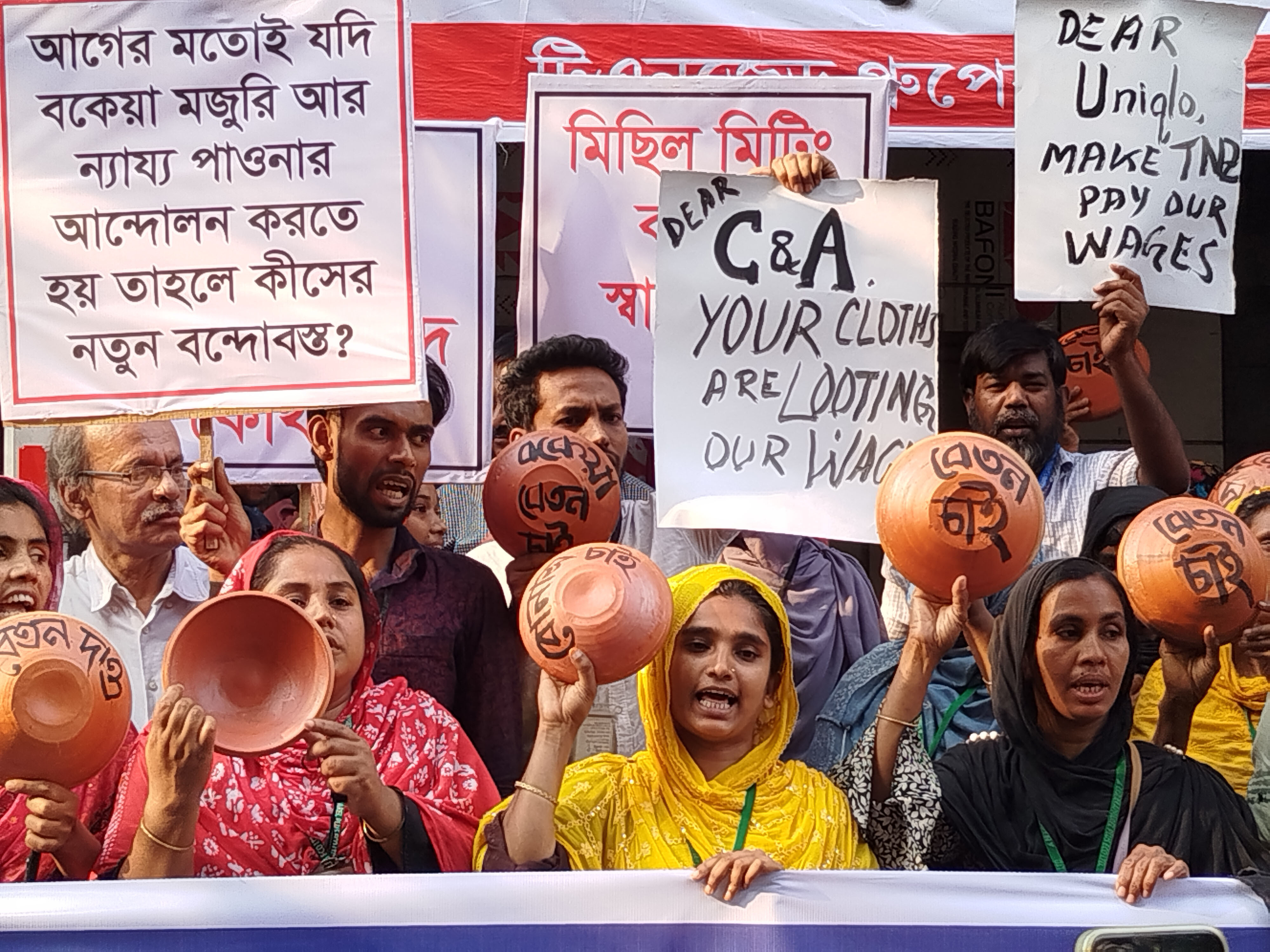Covid-19
Economic recovery in Ghana

The survey provides critical information to help the government and other actors to monitor the effects of the pandemic on livelihoods. Like everywhere in the world, hotels and restaurants were some of the most affected businesses by the pandemic.
Approximately 36 % of businesses were forced to close, with 16 % remaining closed even after the lifting of lockdowns. Moreover, the survey found out that 46 % of enterprises reduced pay for about a quarter of their workforce (770,124 workers) while four percent (41,952 workers) were laid off.
The statistical body’s findings mirror UNICEF’s data that estimates almost 22 million Ghanaians suffering a drop in family income because of the pandemic. Despite the grim picture, the third wave data shows an improvement in the situation from data during earlier waves of Covid-19. Almost all (97.5 %) of the businesses were open in wave three again.
There is an improvement in employment too. Fortunately, only a few employees lost their jobs. One percent of the workforce reported being laid off in the third wave, down from four percent during the first wave. 3.2 % of the workers reported cuts in their work hours as compared to 14.8 % in the first wave. Only 4.1 % of workers reported wage cuts as compared to 16.5 % previously. People on unpaid leave also reduced from 7.2 % to 0.8 %.
According to the survey, government’s support had a positive impact on businesses. In 2021, a programme with 1.2 billion Ghanaian cedis (about € 125 million) was introduced to help medium and small enterprises affected by the coronavirus pandemic. However, Russia’s current attack on Ukraine is causing new challenges. The resulting inflation is affecting the prices of basic goods such as food and fuel (petrol and diesel). Ghana is suffering from inflation and citizens are feeling it through daily hardship. The country has one of the lowest minimum wages in West Africa at 13.53 cedis (€ 1.35) per day.
Tax advisor and management consultant, Kofi Benteh Afful, explains: “Local goods do not produce inflation; what we are experiencing now is imported inflation, which impacts almost everything we buy.” In his eyes, rising costs will not end soon, and individuals with low incomes will suffer the consequences mostly.
Dasmani Laary is a journalist in Ghana.
laarygna@gmail.com













